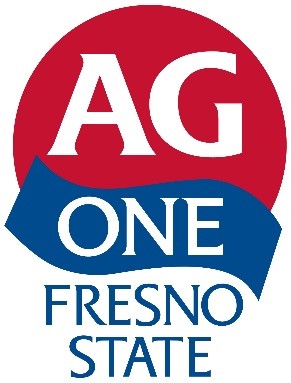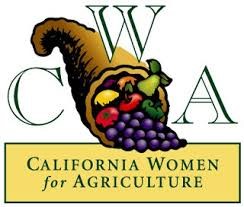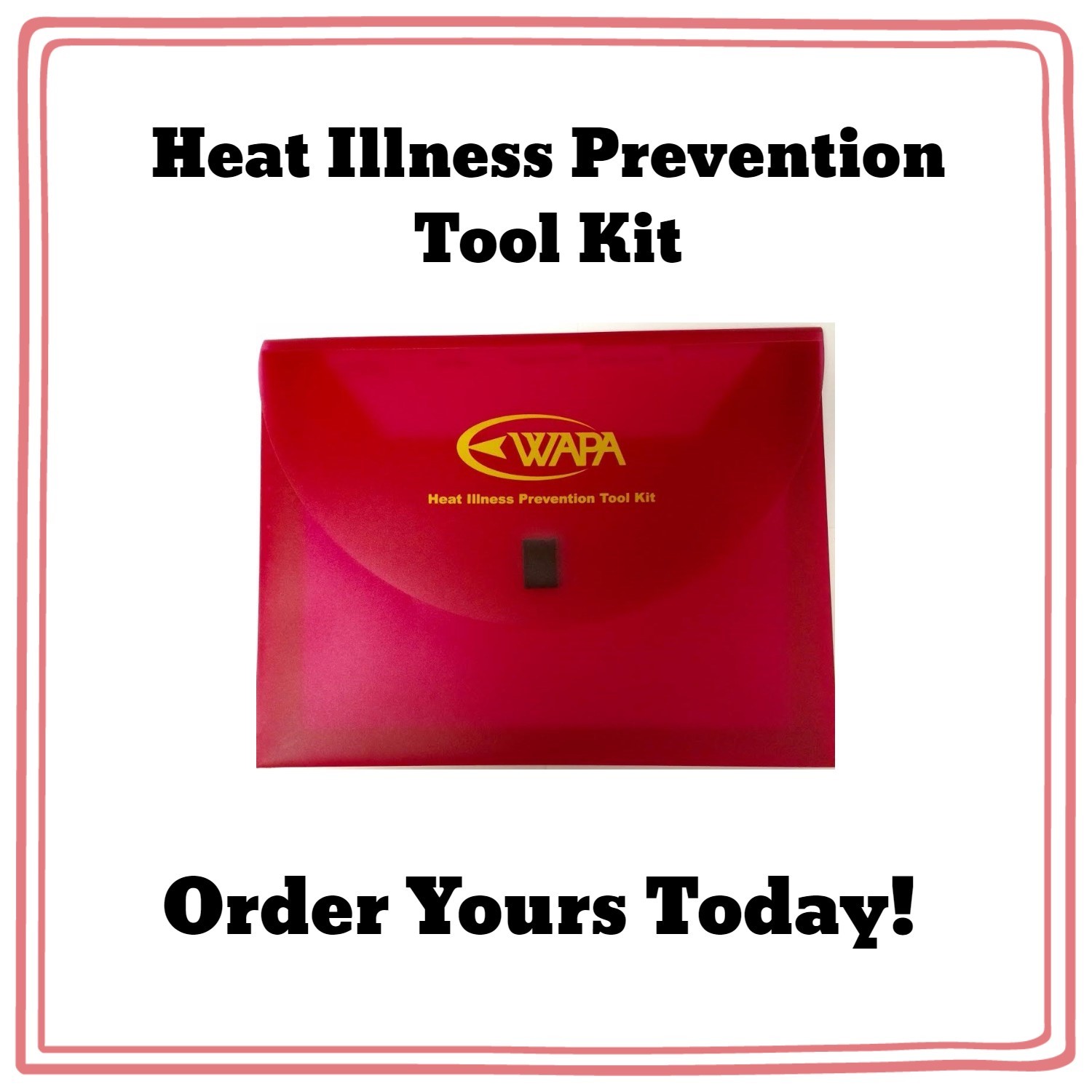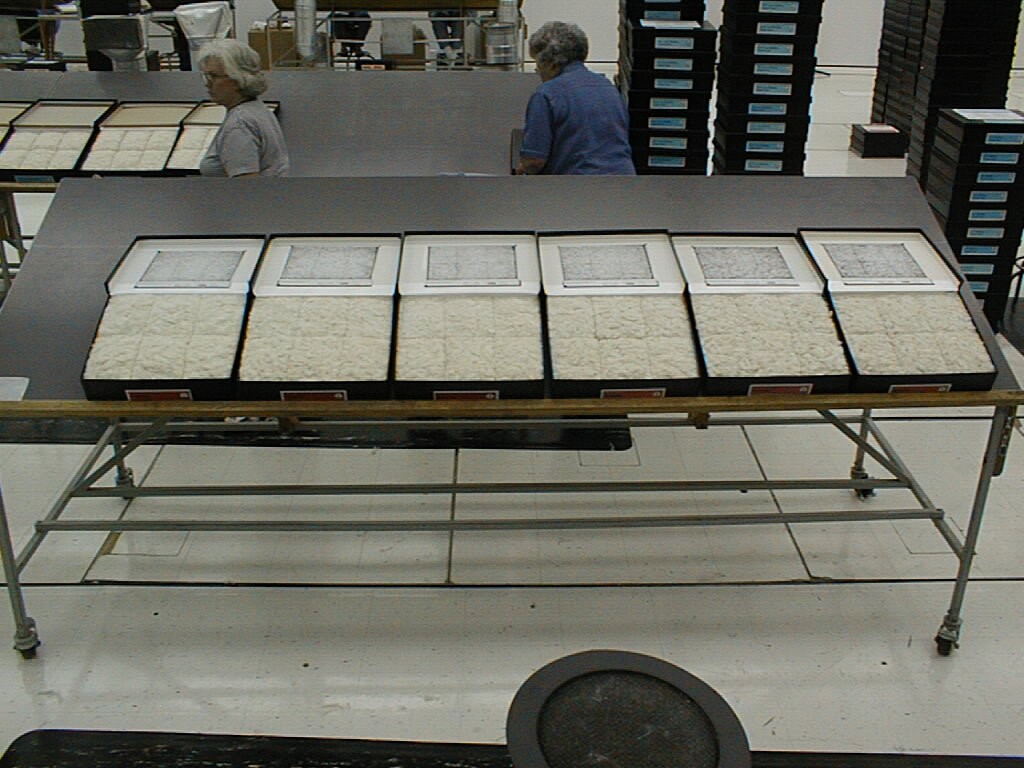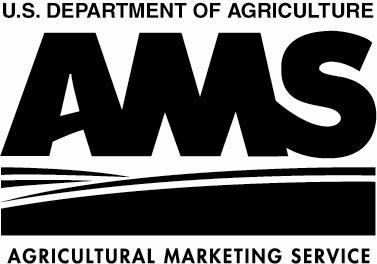This past week the California Air Resources Board (CARB) has released their portion of the measures to be contained in the State Implementation Plan (SIP) for the San Joaquin Valley to achieve attainment of the National Ambient Air Quality Standard for PM2.5. Two of these measures includes tractors and harvesters. One of the measures, named the “Accelerated Turnover of Agricultural Tractors” would use existing and new incentive funding programs to help accelerate the natural turnover of agricultural equipment. These programs include the Carl Moyer Program, the USDA NRCS EQIP Funding and the new FARMER Program funding. On the other hand, another measure entitled “Cleaner In-Use Agricultural Equipment” is designed to increase the penetration of cleaner agricultural equipment, including advancing zero-emission technology (aka “electric”) where feasible. This program appears to be a mandatory replace measure, that allows for incentive funds to be used, but will become mandatory of the necessary reductions are not achieved. The amount of reductions being asked for by CARB is as follows:
| Proposed Measure | Agency | Action Date | Implementation Begins | Expected Emission Reductions (tons/day) |
| Accelerated Turnover of Ag Tractors | CARB/SJVAPCD | 2020 | Ongoing | 11 |
| Cleaner In-Use Agricultural Equipment | CARB | 2025 | 2030 | Not Yet Quantified |
While this is still in draft, it confirms comments by CARB over the past year in several workshops. This will only apply to the San Joaquin Valley and the eight counties therein. This will be coupled with the measures being proposed by the San Joaquin Valley Air Pollution Control District (SJVAPCD) including a measure to require the replacement of Tier 3 diesel fired pump engines with either a final Tier 4 pump engine or electric motor. That measure has not yet been formally released and the final compliance dates have yet to be announced. However, workshops on both the CARB and SJVAPCD plans will be held this next month, so we will know the details soon enough.
